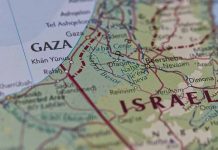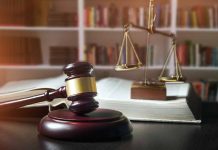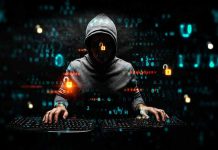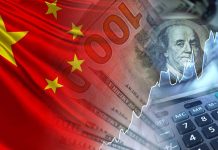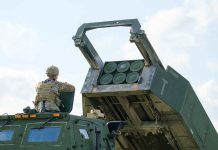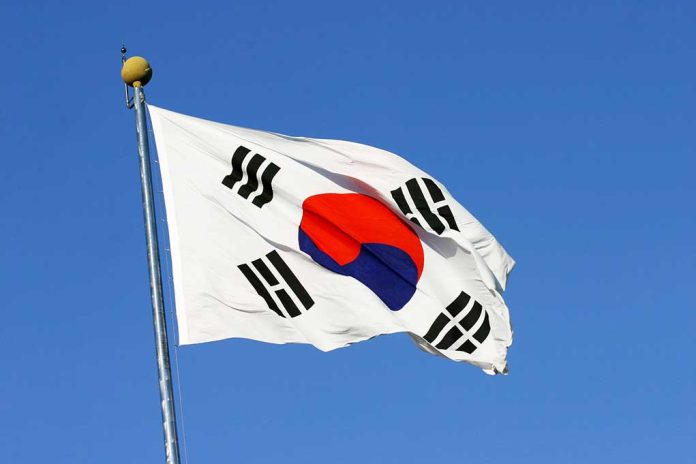
South Korea’s President Yoon Suk Yeol’s attempt to declare martial law was swiftly blocked by parliament, exposing deep political divisions and raising concerns about the country’s democratic stability.
At a Glance
- President Yoon Suk Yeol declared martial law, citing threats to democracy
- Parliament quickly voted to lift the declaration, deeming it “invalid”
- Protesters gathered near parliament, blocking military vehicles
- The declaration raised fears of a return to past authoritarian tactics
- Economic uncertainty followed, with the Korean won falling sharply
Unprecedented Martial Law Declaration Shocks South Korea
In a move that sent shockwaves through South Korea’s political landscape, President Yoon Suk Yeol declared martial law, marking the first such declaration since the country’s transition to democracy in the late 1980s. Yoon justified this drastic measure by accusing pro-North Korean forces of plotting against South Korea’s democracy, though he provided no direct evidence to support these claims.
The declaration immediately sparked confusion and fear among the populace, evoking memories of the country’s authoritarian past. Troops attempted to enter the National Assembly building but were met with resistance from parliamentary aides. Meanwhile, protesters gathered near the parliament, blocking military vehicles in a show of opposition to the president’s actions.
Swift Parliamentary Response
The South Korean parliament wasted no time in responding to the president’s declaration. In an unprecedented move, all 190 participating members of the National Assembly voted to lift the martial law declaration, effectively nullifying it. National Assembly Speaker Woo Won Shik rebuked the president’s actions, emphasizing the parliament’s role in safeguarding democracy.
BREAKING: South Korea's parliament votes 190-0 to lift martial law pic.twitter.com/08Sf0HHZ0C
— BNO News (@BNONews) December 3, 2024
The opposition Democratic Party condemned the declaration in the strongest terms, labeling it as illegal and unconstitutional. Even members of Yoon’s own conservative party criticized the move as undemocratic, highlighting the widespread disapproval across the political spectrum.
“This declaration is illegal and constitutes a criminal act, directly violating the Constitution and other laws,” the opposition Democratic Party said.
Economic Fallout and International Reaction
The political turmoil had immediate economic repercussions. The Korean won fell sharply against the U.S. dollar, prompting the central bank to prepare stabilization measures. The government announced plans for financial stabilization, including unlimited liquidity injections, to mitigate the economic impact of the political crisis.
Internationally, the United States expressed “grave concern” over the situation. U.S. Deputy Secretary of State Kurt Campbell emphasized the strong alliance between the two nations and urged a peaceful resolution to the political dispute.
“We stand by Korea in their time of uncertainty,” said Campbell.
Implications for South Korean Democracy
This episode has raised serious concerns about the stability of South Korea’s democratic institutions. President Yoon’s attempt to declare martial law, coupled with his accusations against the parliament, has deepened the existing political divide in the country. The swift and unified response from the National Assembly, however, demonstrates the resilience of South Korea’s democratic checks and balances.
As South Korea navigates this political crisis, the eyes of the world remain fixed on how the nation will balance its democratic principles with the challenges it faces, both domestically and in relation to its northern neighbor. The coming days and weeks will be crucial in determining the long-term implications of this unprecedented event for South Korea’s political landscape and its standing on the global stage.


